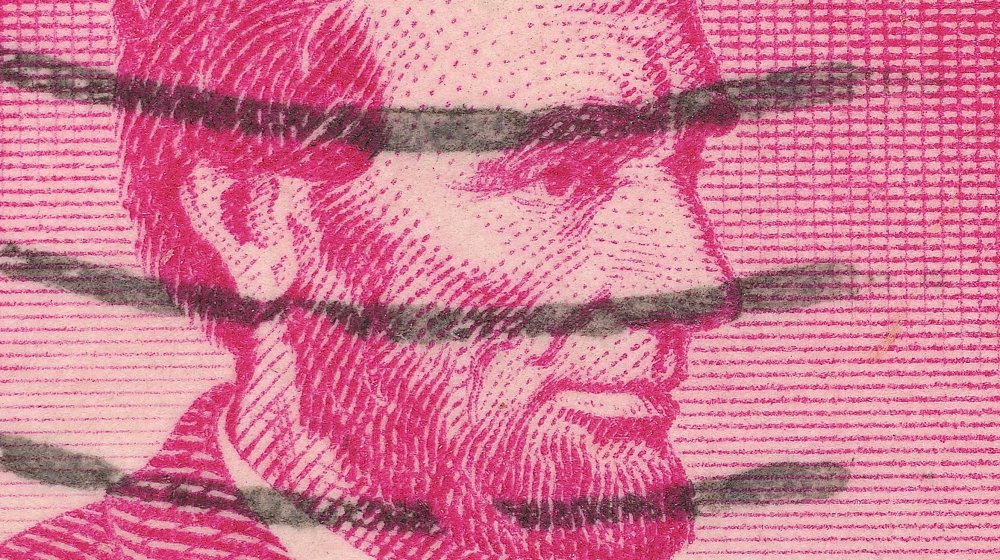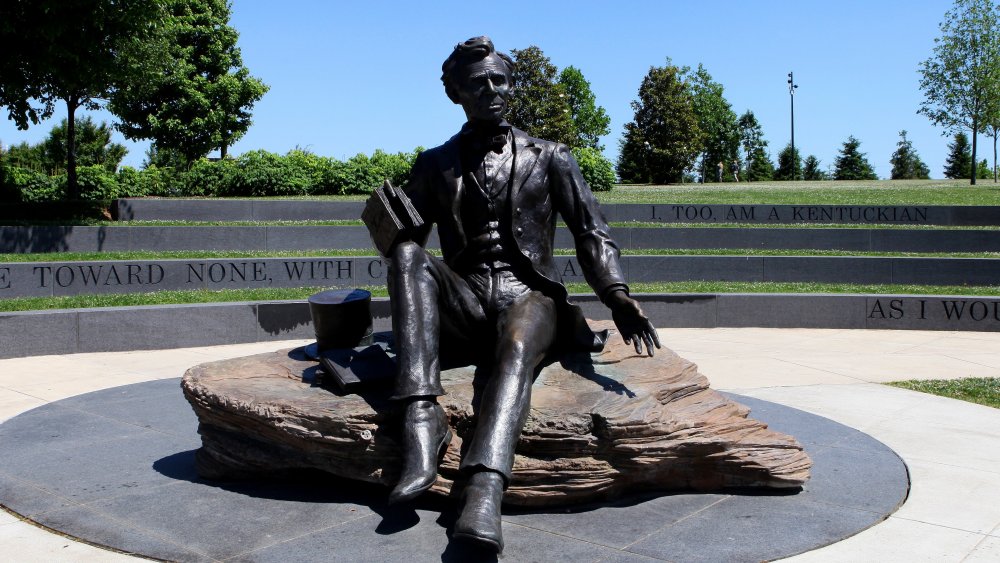Here's How Abraham Lincoln Predicted His Own Death
Recollections of Abraham Lincoln 1847-1865, an 1895 book which collects anecdotes from Ward Hill Lamon about his presidential friend, included one particularly odd note about a dream.
Evidently, Abraham Lincoln approached Ward on April 12, 1865 to relate his nightmare from the evening before:"I kept on until I arrived at the East Room, which I entered. There I met with a sickening surprise. Before me was a catafalque, on which rested a corpse wrapped in funeral vestments. Around it were stationed soldiers who were acting as guards; and there was a throng of people, gazing mournfully upon the corpse, whose face was covered, others weeping pitifully. 'Who is dead in the White House?' I demanded of one of the soldiers, 'The President,' was his answer; 'he was killed by an assassin.'"
Three days later, Lincoln was assassinated by John Wilkes Booth in Washington D. C.'s Ford's Theater. Unusual? For sure, but as History acknowledges, Lincoln insisted that the presidential corpse in question (in his dream) was not him. That, combined with the fact that neither Lamon nor Mary Todd Lincoln thought the story worth mentioning at the time of the murder, has caused historians to doubt the veracity of Lamon's recollection. Perhaps Lamon figured he would sell even more copies if he included an element of the supernatural? That said, the same tactic failed when it came to the 2012 film Abraham Lincoln: Vampire Hunter.
Gothic Lincoln
However, to give where credit is due, Lamon's story squares well with the President. Besides the time he almost joined the Donner Party, the pioneering group that descended into cannibalism, Lincoln always showed a reverence towards his dreams. The PBS documentary The Assassination of Abraham Lincoln relates how there was another interesting dream that Lincoln had shortly before his death, wherein he was standing on the deck of a ship, heading toward a distance shore. This was a dream he claimed to have experienced repeatedly, always right before important turning points in the Civil War occurred, and so this last instance of the ship dream convinced him that the final such turning point was ahead.
While this secondary dream does not prove Lamon's account, it does give credence to a characterization of a Lincoln who would navigate according to the songs that floated to him as he slept. On an interesting side note, the historian Andrew Burstein includes the Lamon account in his book Lincoln Dreamt He Died: The Midnight Visions of Remarkable Americans from Colonial Times to Freud, not as an effort to prove Lamon right, but to highlight the changing nature with which Americans approached their dreams across the 19th century, from scorn to a level of belief. Abraham Lincoln, it seems, was an early dream diarist.

